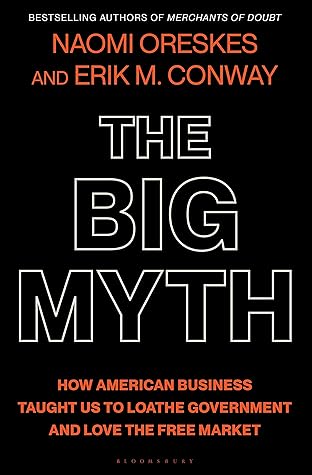More on this book
Community
Kindle Notes & Highlights
Read between
March 19 - March 30, 2023
In the century and a half since Adam Smith had laid out his vision of beneficent and efficient capitalism, the “invisible hand of the marketplace” had frequently been idle (as, indeed, Smith had warned it would). In 1924, even before the Great Depression hit America, Keynes could credibly declare that the world had come to “The End of Laissez-Faire.”32
George Orwell, whose antifascist credentials were second to none, wisely suggested that while there was some truth in the “negative” part of Hayek’s thesis—that collectivism can lead to tyranny—the solution was not a return to unfettered competition, for that would mean “for the great mass of people a tyranny probably worse, because more irresponsible, than that of the state.”133
Patrons rarely tell their protégés what to think or say; most patrons are not that crude, and few artists or intellectuals want to be pushed around. Rather, patrons seek out groups and individuals with congenial views and strengthen them with moral, logistical, and financial support.208 They fund things that interest them, and so ideas that suit the rich are more likely to thrive than those that suit the poor. In this way, patronage by exceptionally wealthy individuals or organizations may act as a kind of unnatural selection, ensuring that the ideas they select come to the forefront of a
...more


